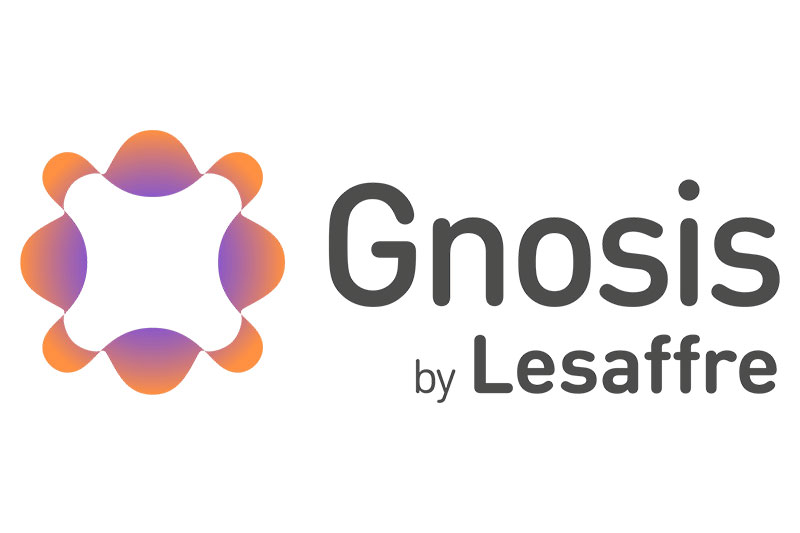Adding to growing evidence that Vitamin K2 supports kidney function, a new case study shows K2 administration alleviated calciphylaxis symptoms.
Gnosis by Lesaffre (Gnosis), in conjunction with its partner Omicron Pharmaceuticals, has announced the publication of a case study exploring the benefits of K2 supplementation on an individual with calciphylaxis, a condition related to poor kidney function. The vitamin used was MenaQ7 K2 as MK-7 from Gnosis.
The article, "Exploring Novel Therapeutic Strategies for Calciphylaxis: A Focus on Vitamin K2 Supplementation," is published in Annals of Urology & Nephology. The case study illuminates innovative approaches to calciphylaxis, emphasizing the potential benefits of vitamin K2.
Calciphylaxis is a condition characterized by ischemic skin lesions and tissue necrosis. It mainly affects people with very poor kidney function. While conventional solutions are lacking, this case study adds to an already impressive body of evidence highlighting the potential of a vitamin.
Why K is important for kidney health
A majority of patients with compromised kidney health exhibit subclinical vitamin K deficiency that worsens with their disease progression, particularly in hemodialysis (HD) patients. Moreover, vitamin K deficiency emerges as a significant risk factor for overall and cardiovascular mortality in individuals with kidney conditions.
The vitamin K-dependent protein, Matrix Gla Protein (MGP), is known to inhibit calcification when activated. Previous research has shown that in those on dialysis, a slight decrease in active MGP significantly increased the risk of calciphylaxis, which suggests an association between K deficiency and the condition.
Animal studies have indicated that vitamin K2 can slow cardiovascular calcification by inhibiting further mineralization of damaged vessels, and combining high-dose vitamin K2 with phosphate binders (commonly used for advanced chronic kidney conditions) significantly reduces calcification. However, over a decade of clinical research using MenaQ7 K2 as MK-7 has revealed both safety and efficacy, including notable improvements in extrahepatic K status and, in some cases, the improvement of arterial elasticity.
Findings and impact of Vitamin K2 case study
In the new case study, an individual with severe calciphylaxis symptoms experienced improvements after supplementing with Vitamin K2 (MenaQ7) at 360 mcg/day. After one month, the person reported that the pain had disappeared, and the wounds began to heal (fully healed by the third month).
The Lead Investigator, Dr. Iyad Abuward Abusharkh, with his co-authors, suggest that vitamin K2 supplementation may emerge as a promising therapy for managing calciphylaxis in dialysis patients.
“The paper advocates for more extensive research to validate the efficacy and safety of Vitamin K2 and other forms of vitamin K for use in those with calciphylaxis to help manage symptoms, underscoring the ongoing need for innovative therapeutic strategies in renal healthcare,” commented Kimmo Makinen, Gnosis by Lesaffre Head of Scientific Affairs. “We are proud that our K2 ingredient – MenaQ7® — has been relied upon for a critical case of calciphylaxis and that the outcome was positive, giving hope to this population.”
Hisham Ramadan, CEO of Omicron Pharmaceuticals, stated, “Our collaboration with Gnosis by Lesaffre, backed by years of clinical research and Vitamin K2 experts, has demonstrated the benefits of this essential nutrient for kidney health. This partnership has kept us at the forefront of innovative medical research, as our recent case study clearly illustrates.”
Press contacts: Kate Quackenbush, Communications Director, k.quackenbush@gnosis.lesaffre.com, +1 609-273-0494
While researchers continue to explore the optimal dosage of K2 for kidney patients, ongoing randomized controlled trials, such as the VIKIPEDIA study, examine the impact of higher dosages of MenaQ7 (1,000 mcg/day) to address deficiency levels

